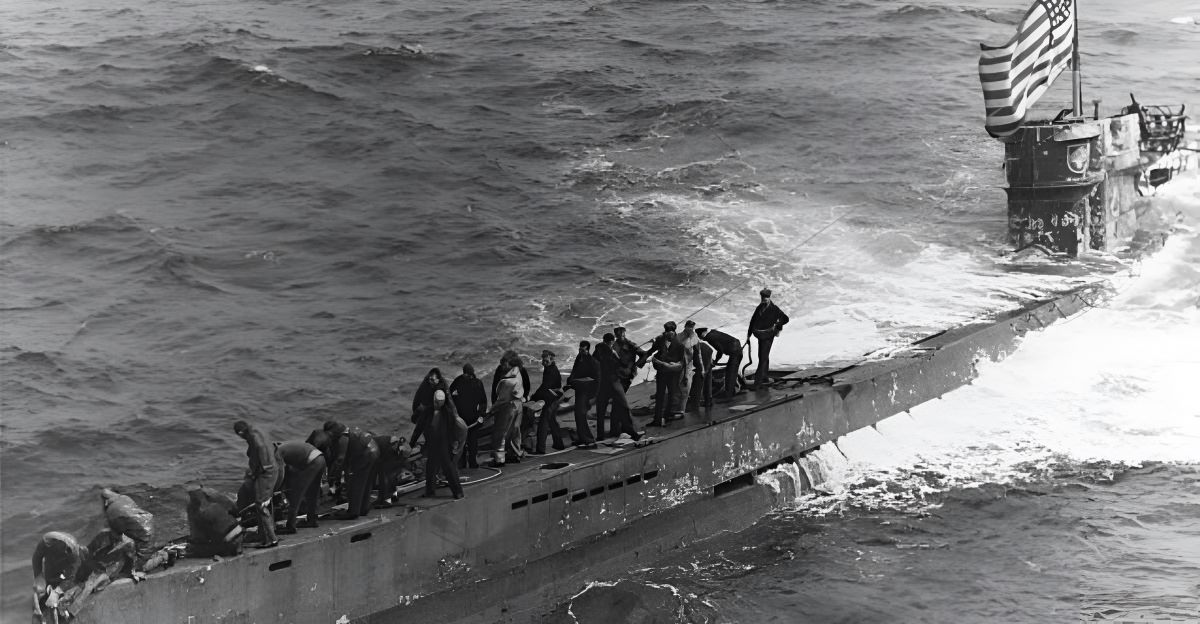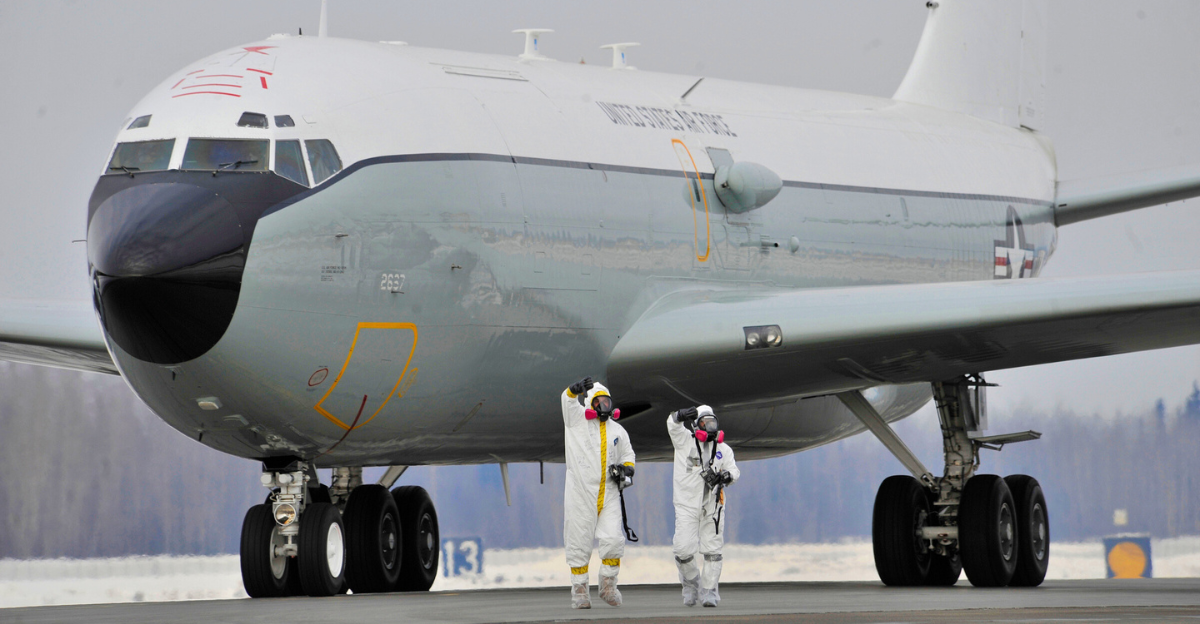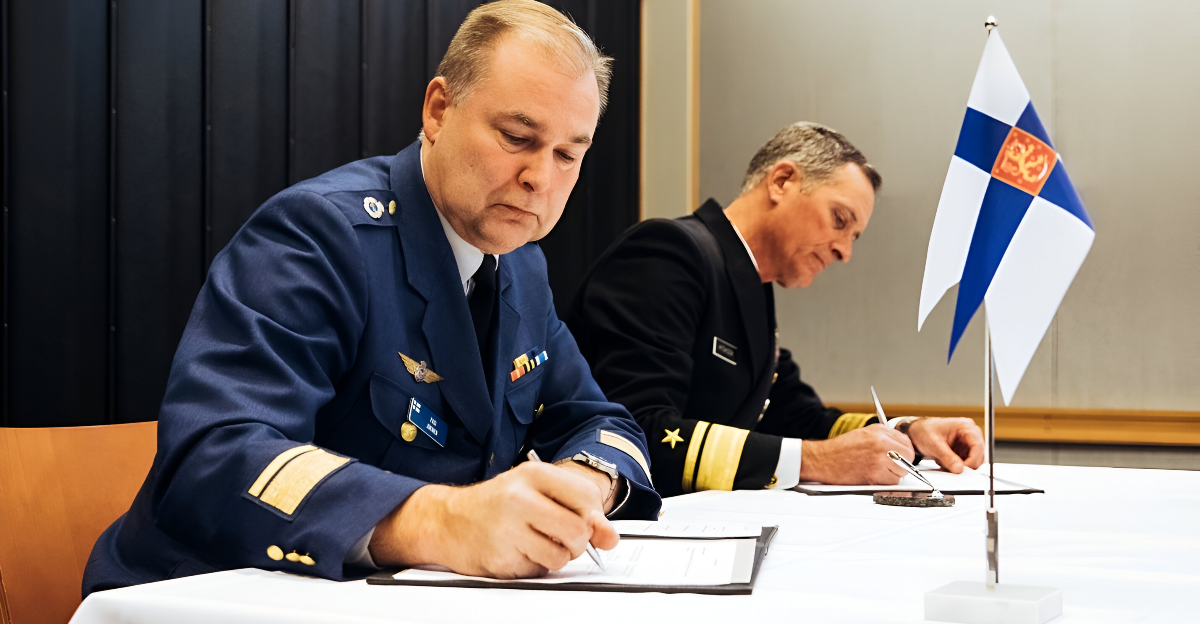
While the war in Ukraine continues, warfare is evolving rapidly, which is changing Europe’s security. This impact has spilled over into other NATO countries, which are now considering past policies and their own defensive strategies.
Escalations are rising on both sides, and many other nations are watching from the sidelines. One country has looked back at long-standing international agreements and is withdrawing from an important one – The Ottawa Convention.
The Ottawa Convention

In 1997, the Ottawa Convention, also called the Mine Ban Treaty, was put into place, which was designed to limit the use, stockpiling, and production of a controversial battlefield weapon – anti-personnel landmines.
The sentiment was shared by many nations, and today, 160 countries are part of the agreement. This is all in the interest of saving lives that have nothing to do with conflicts.
The Impact On Civilians
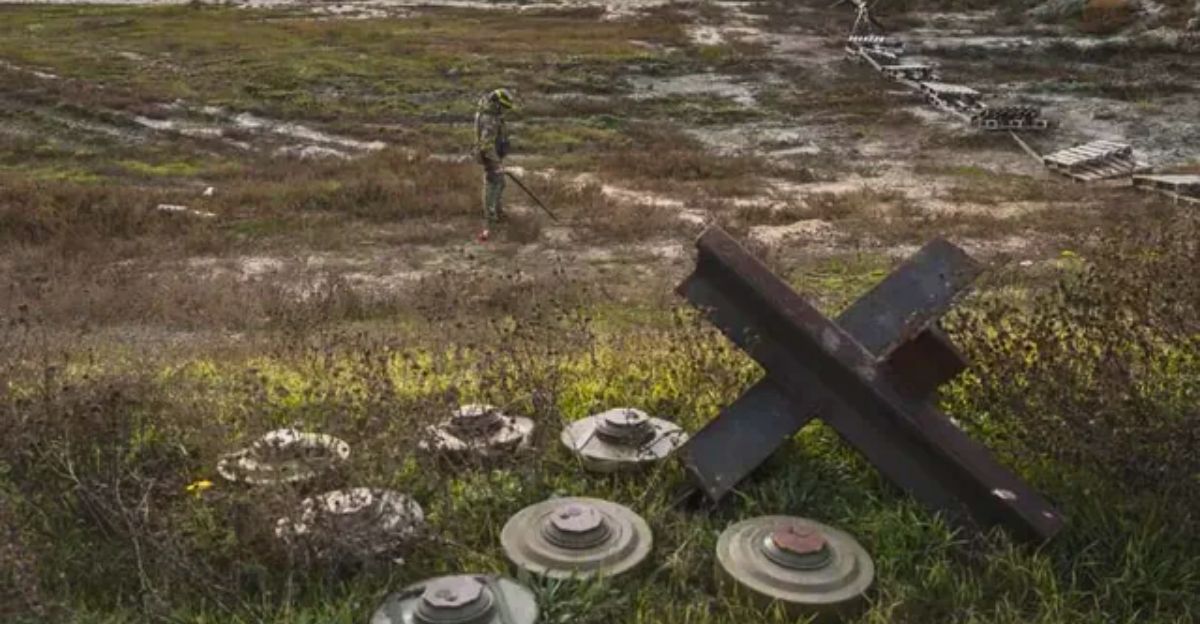
While landmines targeted at military combatants can be extremely effective, they are also known for inflicting civilian casualties and suffering.
According to the United Nations, the agreement has saved thousands of non-combatant lives. However, recently, one country has decided to withdraw from this treaty.
Finland’s Withdrawal

Finland has withdrawn from the treaty, but the nation has cited considerable reasons for doing so. The nation are in the shadow of Russia, sharing a border that’s over 1,300 kilometers long.
This position puts Finland in a potentially vulnerable position as Russia continues to escalate against Ukraine with no plans for a diplomatic resolution. Finland’s government states that landmines are needed to keep the border defended.
Not Alone
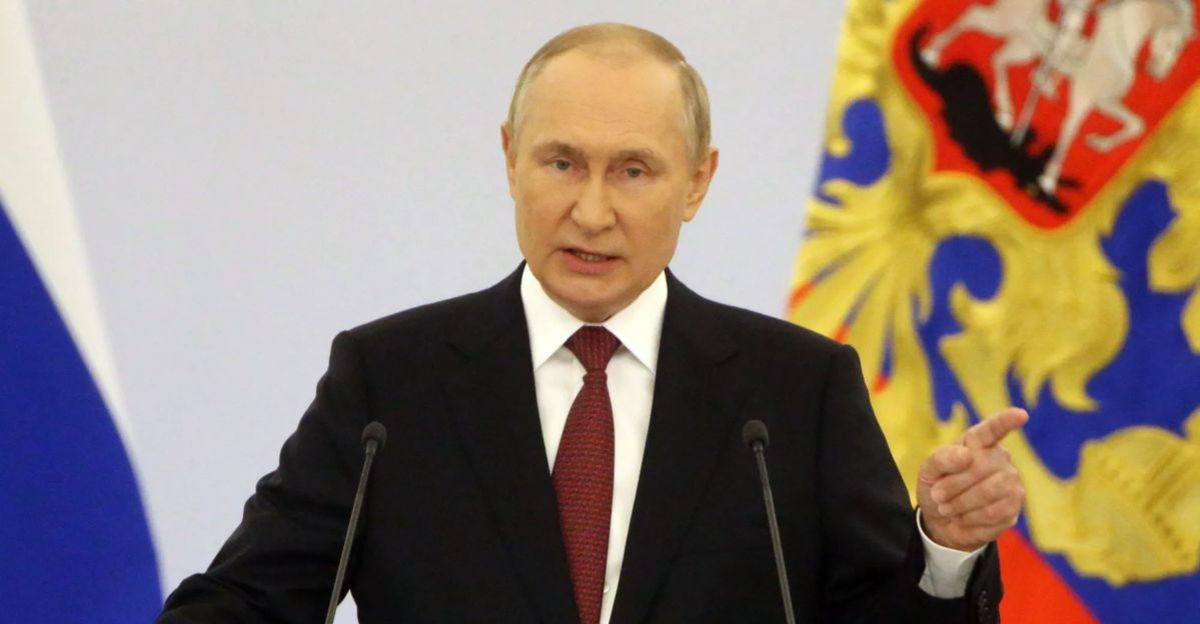
Finland isn’t the only country that has taken these considerations into account. Russia is a large country with many other nations around its borders, including Estonia, Latvia, Lithuania, and Poland. These NATO and EU countries have either announced plans to leave the agreement or have already left.
Since Russia isn’t pressured by the same agreements, these countries feel the need to leverage more controversial weapons, all in the name of defending against a potential incursion from Russia.
Coming To The Decision
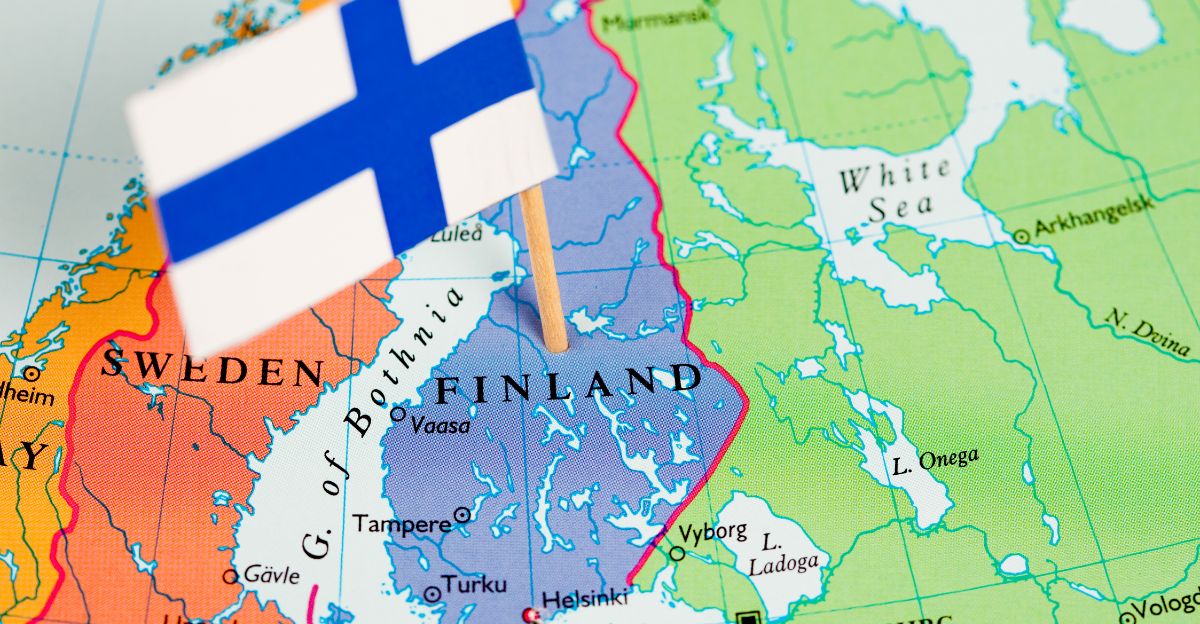
Finland did not make the decision to leave the Ottawa Convention lightly, and it followed only after several months of internal discussions and recommendations from both the Foreign Affairs and Defense Committees.
With security being a big priority against a nation that doesn’t follow the same rules, it only seemed like a natural step to reconsider limitations on battlefield weapons.
Concerns
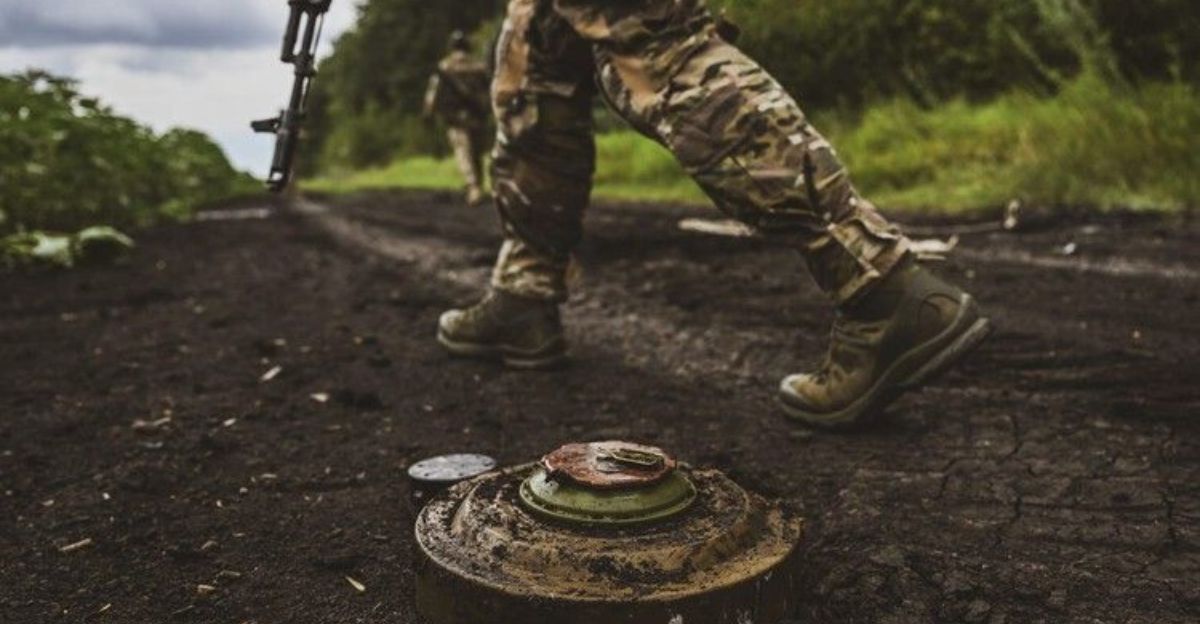
The biggest concern over utilizing landmines specifically designed for personnel is that non-combatants can easily get caught in the middle. Nations that originally joined the treaty did so in the interest of protecting civilian lives.
The International Committee of the Red Cross has reported that more than 80% of those who trigger landmines are civilians, including children. This highlights just how inhumane anti-personnel landmines have been in the past.
Finland’s Stance
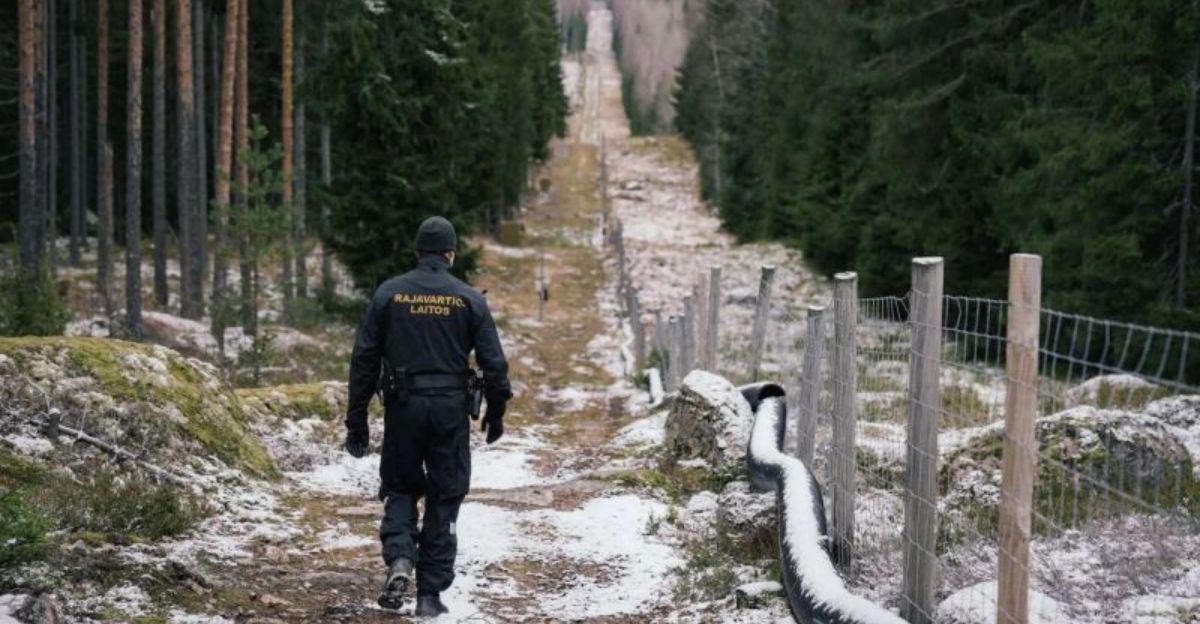
There are historical records of civilians triggering landmines hidden and long forgotten after a conflict is over.
However, Finland has assured that the nation is committed to humanitarian law. While withdrawn from the agreement, Finland has made it clear that landmines will not be deployed while the country is not at war.
NATO’s Stance
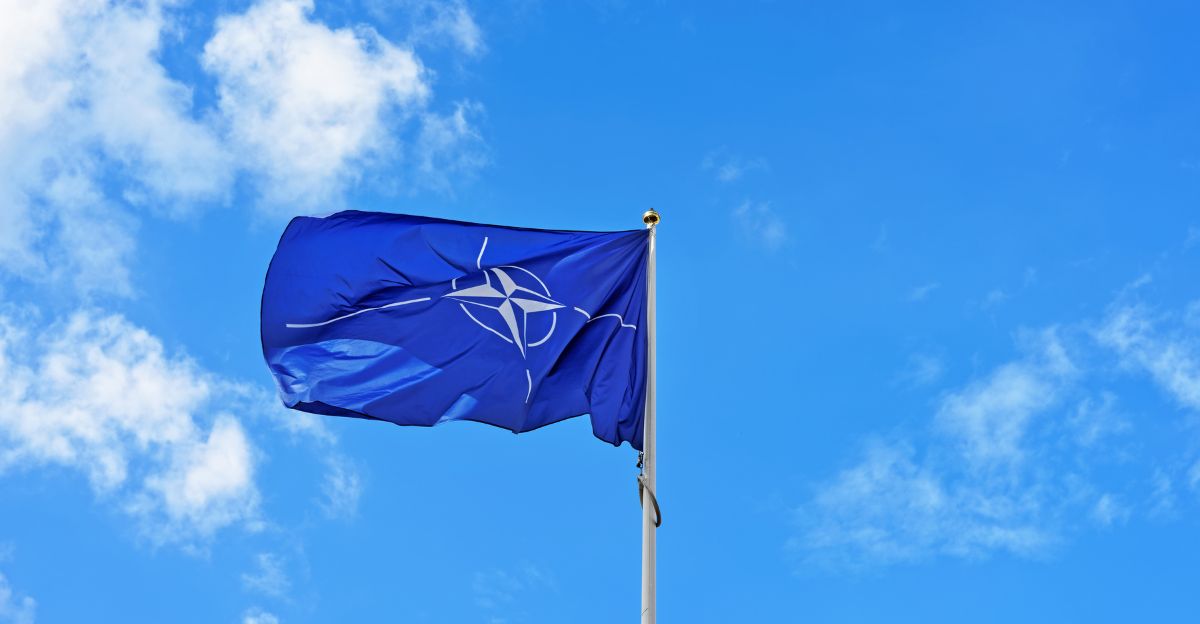
NATO is aware of the unique position that each state member is in and what kind of security challenges each face. NATO does not ban the use of defensive landmines, but other countries have shown concern for the trend.
The alliance has urged members to balance defensive tactics with humanitarian obligations. Finland’s claims that its decision is one of necessity as Europe’s security changes.
International Reactions
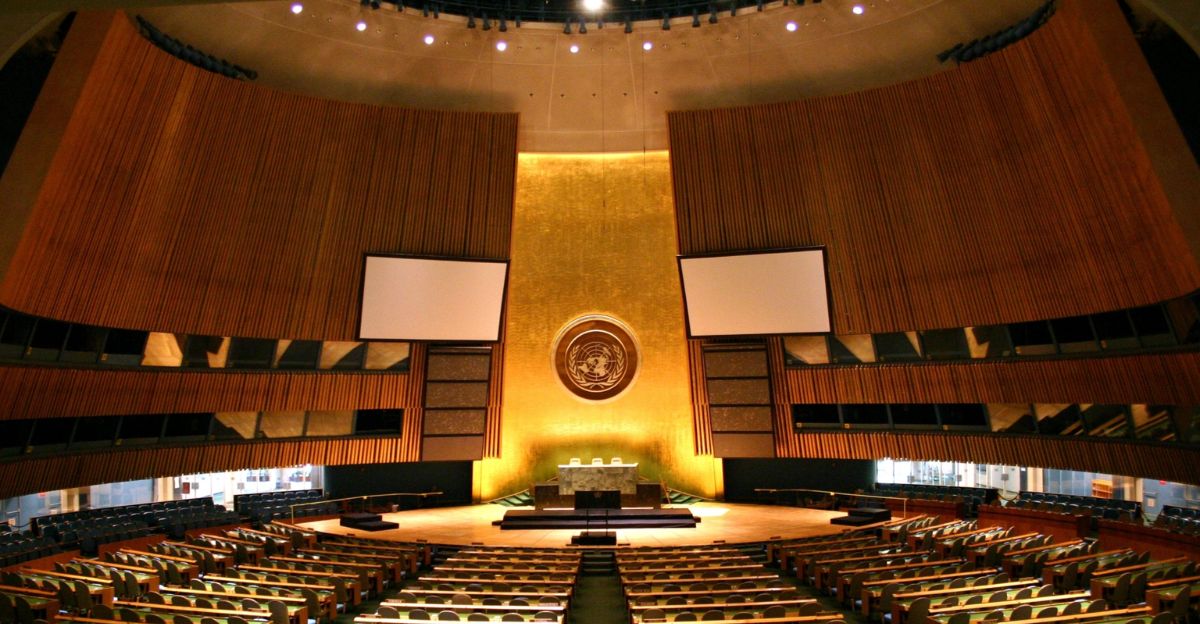
The UN and a few Western governments have looked at Finland’s decision and felt that it is a regrettable withdrawal. Many are concerned about how it could be the start of a broader trend of other countries leaving the pact.
Amid several countries withdrawing, António Guterres, UN Secretary-General, has called for stronger commitments to mine disarmament, as they continue to risk the lives of civilians during times of conflict.
The Road Ahead
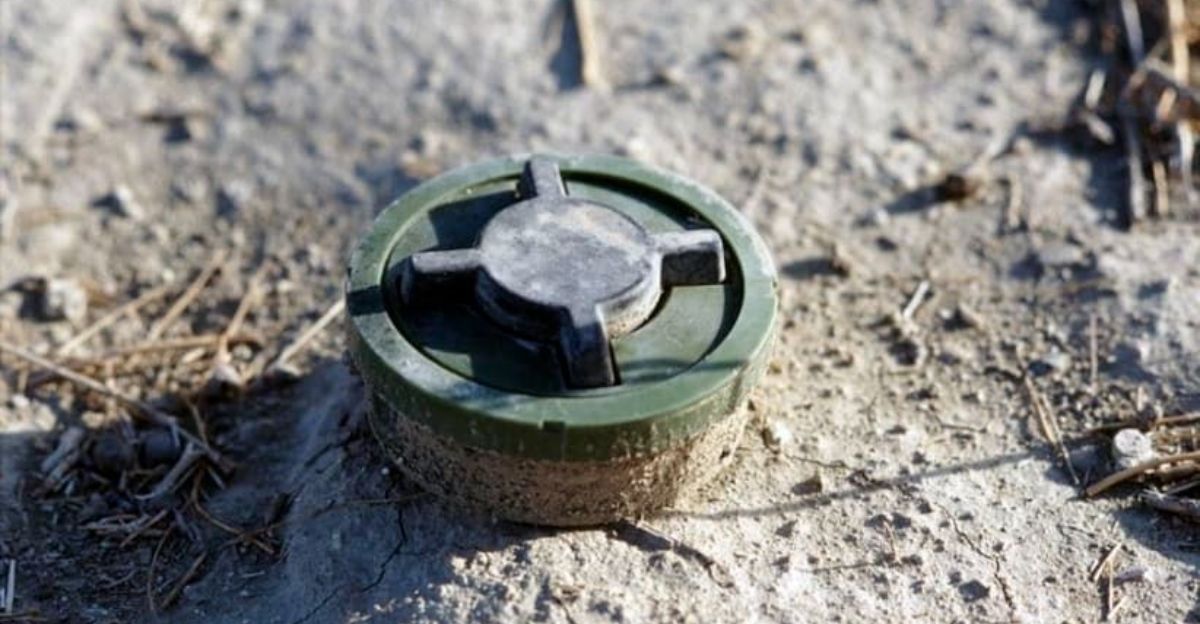
After the announcement, Finland’s decision will take six months to become officially recognized. Finland can then produce and deploy anti-personnel landmines along its border if it so wishes.
Their decision may only be the start of security concerns among European nations, causing them to reevaluate old treaties in the interest of maximum deterrent against a future invasion.

